Susan West Kurz evokes compost as a potent metaphor for biography work. Here, as we round the corner to St. John’s and the height of summer in the northern hemisphere, we offer this as an inspiration for the human skills needed to meet the future.
Biography work is a little like making compost. While composting, one chooses a place in the garden and begins to build a structure with varied organic materials: food scraps, grass clippings, leaves, cow manure (if you’re lucky), and straw are layered in a long, narrow mound left to transform through the seasons. If you practice Biodynamic gardening, you might add small pinches of five herbal preparations to enhance the process and create a bridge between earthly, biological, and cosmic forces.
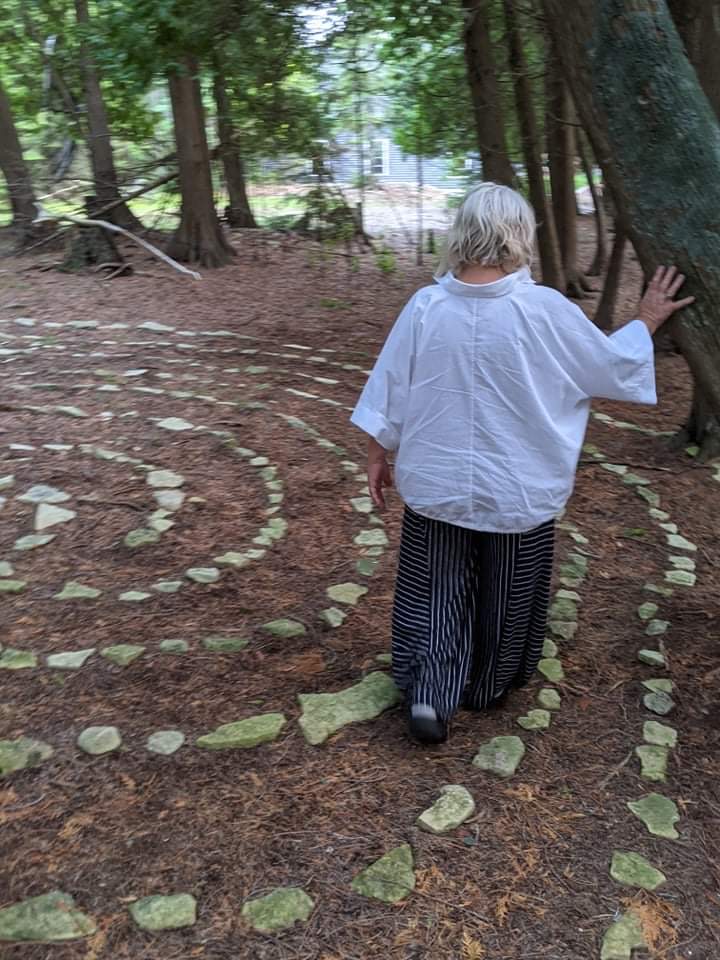
In biography work, one gathers memories and experiences from life, both pleasant and painful, both digested and undigested. One places them in a life chart or map continuously adding old memories and new insights as they arise during artistic exercises and in daily life. The artistic exercises are like the BD preps opening the activity to a spiritual dimension. As with compost once the foundation has been laid, even if one forgets it at times, it continues. Then we remember the compost, we dig into it to test the warmth. We rub it between our fingers and smell what once was rotting turning into an almost sweet humus. We turn it over to mix it and bring air into it, then leave it to develop further.
Once one begins biography work, the process is in place even between workshops and exercises. A memory, insight, or understanding emerges unexpectedly and we expose our life rhythms to the airy light of day, the mystery of night and to the wisdom of the cosmos. By looking at our life as though it is a film that we directed and starred in, we find a new richness in daily life. We get as detailed as a scientist about the memories that we carry and share them with others who listen from a deep place of silence. Both the compost process and the biography process transform substances; in the case of compost material – substances, and in the case of biography – soul substances. These substances that we live with unconsciously are transformed into fertile soil for the Earth and for the soul as we bring the ordinary into a conscious process and release the extraordinary story of each individual life.
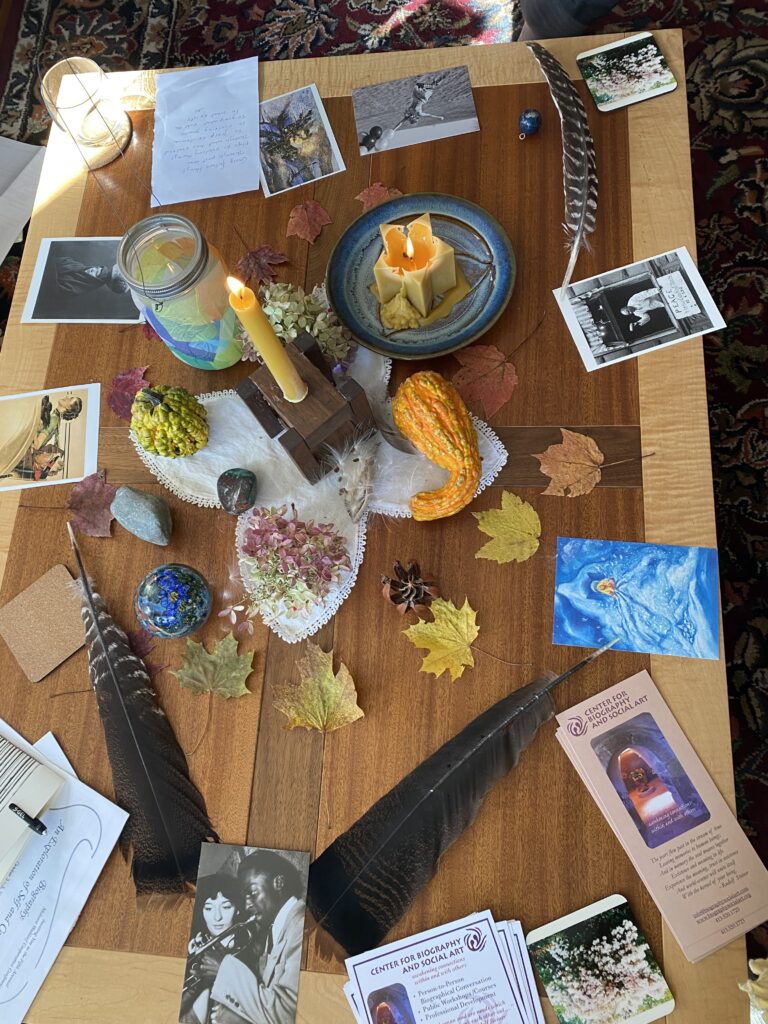
The Center for Biography and Social Art offers a three-year low residency certificate program. The guiding question of the certificate training program is, “What does it mean to be a Human Being?” Working closely with CBSA faculty, students will encounter the following:
✺ Introduction and support of meditation and inner work practices including the schooling of
perception and attention.
✺ Movement modalities such as Eurythmy, Spacial Dynamics and Authentic Movement as well as singing and/or speech work.
✺ Artistic work in media such as clay, pastels, postcards, painting, writing, related to developing facility in the practice of biography and social art.
✺ Practice in conscious listening and speaking, working with objective observations and open questions; work with our own life stories in groups and pairs.
The next three-year cohort begins in July 2022 in person at The Threefold Community in
Chestnut Ridge, New York. Openings remain. Upon graduation, a certificate acknowledged by the School of Spiritual Science is conferred.
Susan West Kurz is a Certified Biography Facilitator and the incoming Board Chair of The Center for Biography and Social Art. Susan was a board member of the Biodynamic Gardening and Farming Association from 2012- 2017. She is a renowned holistic beauty expert, co-founder of Dr. Hauschka Skin Care Inc., and author of Awakening Beauty the Dr Hauschka Way. Since 1972, Susan has been involved with a holistic approach to healing, and business and to bringing Biodynamic agriculture, gardening practices, and Anthroposophy to the public. Her most recent book is a memoir, Gardens of Karma, about which more information is available on her website, Gardens of Karma.

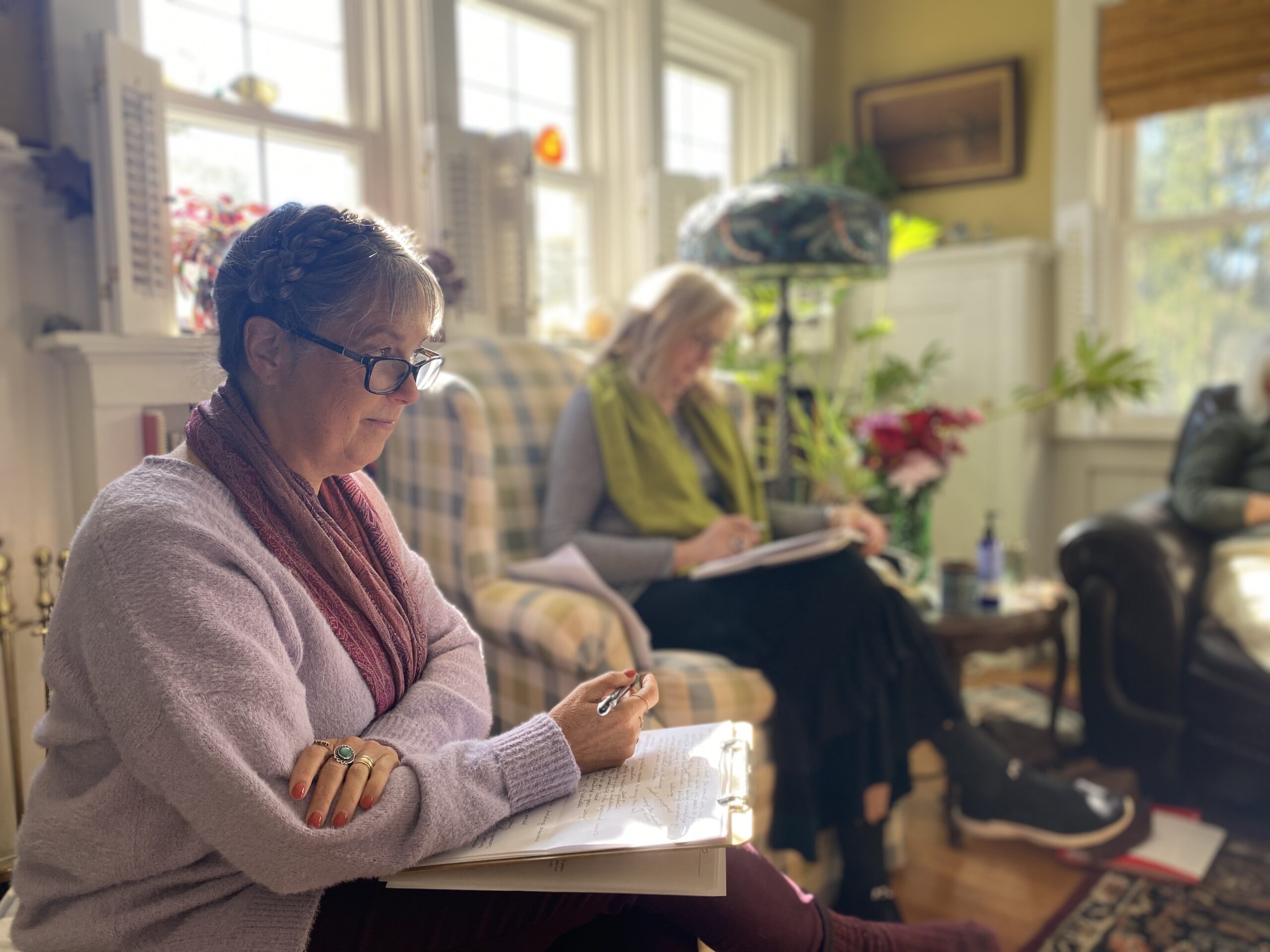

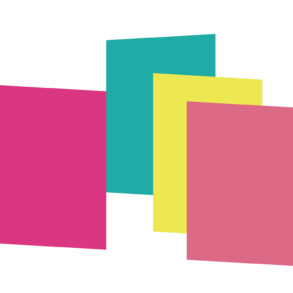
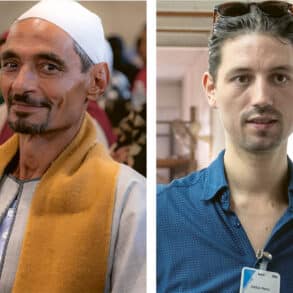
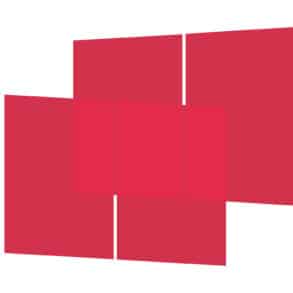
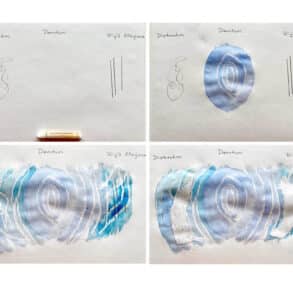
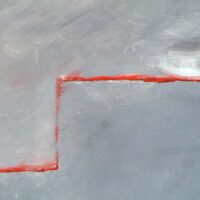
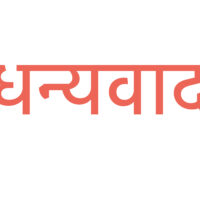

Thank you for the composting comparison! This is beautifully written and a great read.